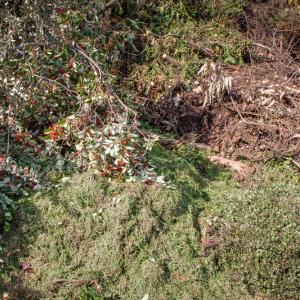Green waste is referred to as "biological waste," which can be composted. It is typically made up of garden waste, such as grass clippings or leaves, as well as domestic or industrial kitchen waste. Dried leaves, pine straw, and hay are not examples of green waste. You can contact the rock yard for albury wodonga landscape, building supplies & firewood services.

Gardening includes several activities such as:
• Mow the lawn
• Weeding
• Preparation of flower beds
• Bush trimming
• Prune additional branches from the tree
• Soil fertilization
• Insect repellent
The green waste obtained from gardening activity can be treated in two possible ways. The first is composting and used as a natural fertilizer for the garden, and the second – is its disposal with the help of professional disposal specialists.
Green waste can cause several problems for you and the environment. Common problems are –
• Hazardous gas production – Green waste, if accumulated in one place over a long period of time, can decompose and produce harmful greenhouse gasses such as methane. Gasses are harmful to the environment as well as to you and your family members.
• Pest Breeding Sites – Pests seek warm breeding grounds and areas where untreated garbage accumulates, people will see pests like mosquitoes, cockroaches, etc.
Landfills ensure that no harmful elements such as scrap metal, broken glass, plastic, and so on are present in the waste before using it for bulk recycling and composting.